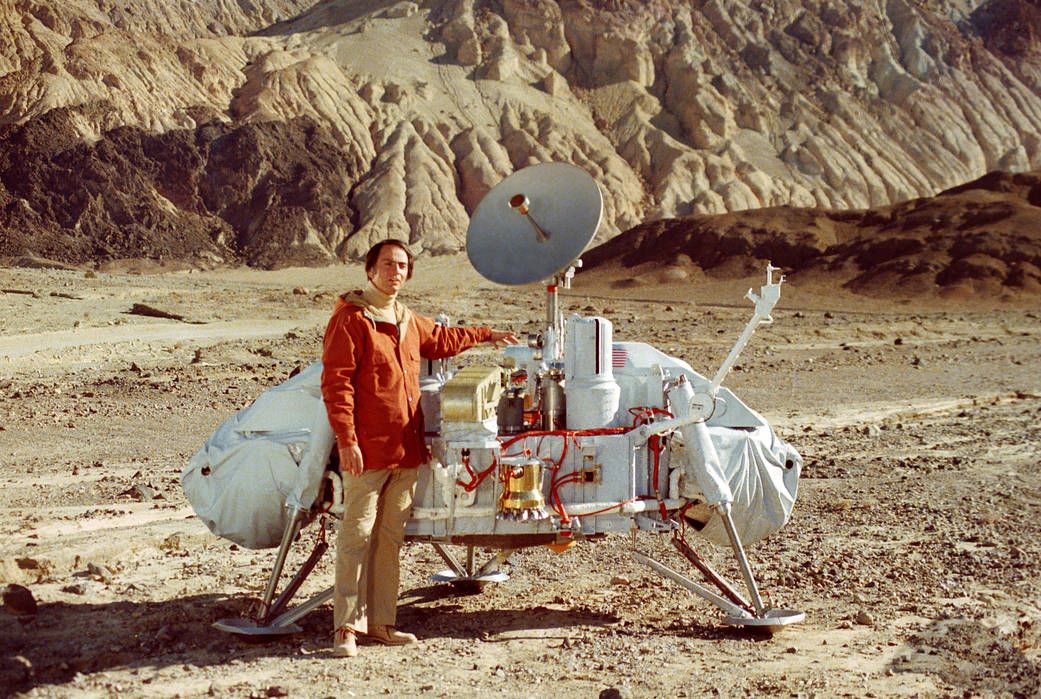
Often referred to as the "astronomer of the people," Carl Sagan was one of the most popular scientists in American culture for decades. Friday marked what would have been Sagan's 84 birthday.
Not only was he an astronomer, Sagan was also an author, researcher and was a key figure in the creation of the space program and its continuation in its early days. He was well known for the show Cosmos in which he took viewers on tours around space.
Sagan had a distinguished career that involved working at Harvard, the Smithsonian Astrophysical Observatory, Cornell University's Laboratory of Planetary Studies director, NASA advisor, founder of The Planetary Society and more.
Sagan was born in Brooklyn, New York, in 1934 and attended the University of Chicago where he earned both his bachelor's and master's degrees in physics and then his doctorate in astronomy. He died at the age of 62 of pneumonia after he suffered from a bone marrow disease for two years.
Quotes From Carl Sagan:
"Somewhere, something incredible is waiting to be known."
"One glance at a book and you hear the voice of another person, perhaps someone dead for 1,000 years. To read is to voyage through time."
"We're made of star stuff. We are a way for the cosmos to know itself."
"I strongly dislike the notion that if things get absolutely rotten here, we can run away to somewhere else. I think it's a silly idea on economic and on moral grounds. Nevertheless, it's a true, in my opinion, that the maturity of the human species will be connected with our ability to leave the earth, our mother, and seek our fortune in the galaxy...but not to abandon the earth, by any means. If we don't put our house in order, we'll never be able to explore the cosmos," he said in an interview with Rolling Stone.
"The universe is a pretty big place. If it's just us, seems like an awful waste of space."
"The nuclear arms race is like two sworn enemies standing waist deep in gasoline, one with three matches, the other with five."
"The most effective agents to communicate science to the public are television, motion pictures and newspapers — where the science offerings are often dreary, inaccurate, ponderous, grossly caricatured or (as with much Saturday-morning commercial television programming for children) hostile to science."
Uncommon Knowledge
Newsweek is committed to challenging conventional wisdom and finding connections in the search for common ground.
Newsweek is committed to challenging conventional wisdom and finding connections in the search for common ground.
About the writer
Nina was a breaking news reporter. She previously worked at Business Insider, The Boston Globe, and Boston.com.
To read how Newsweek uses AI as a newsroom tool, Click here.






